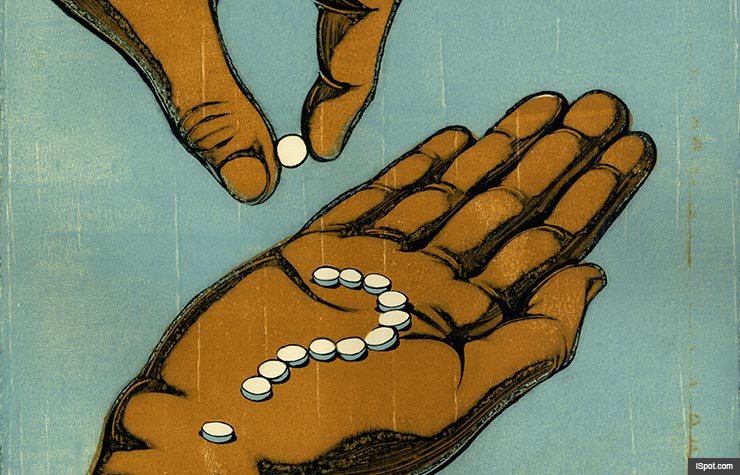Staying Fit


When two groups of heart experts announced in November a whole new way of using cholesterol-lowering statin drugs to reduce Americans' risk of heart attack and stroke, they triggered both scathing criticism from some physicians and medical researchers, and widespread confusion among patients.
Previously, doctors had prescribed statins based primarily on the numbers from your cholesterol blood test. If your numbers were too high and you were deemed at risk for heart problems, you probably were urged to take one of these popular drugs to bring the numbers down.


AARP Membership— $12 for your first year when you sign up for Automatic Renewal
Get instant access to members-only products and hundreds of discounts, a free second membership, and a subscription to AARP the Magazine.
Because these guidelines hadn't been updated in about a decade, the government and a committee of cardiologists decided to look at newer research on statins' benefits, as well as the impact of other risk factors on heart disease. The committee announced its recommendations at last fall's annual meeting of the American Heart Association.
The new guidelines focused not on specific cholesterol numbers but on four broad categories of people at risk of having either a heart attack or stroke if they didn't take a statin (see sidebar at right). There were few complaints about the first three categories but an outburst of criticism over the last one. That group included people who hadn't been diagnosed with heart disease, but who had at least a 7.5 percent risk of having a heart attack or stroke within the next 10 years, based on the guidelines' new risk calculator, which takes into account age, race, gender and heart risks.
Stay in the Know on the Go: Get the New AARP ePubs iPad App!
How to Know If You're at Risk
If you are in one of these four high-risk categories, new cholesterol guidelines say taking a statin could help you avoid a heart attack or stroke:
- You've been diagnosed with heart disease or already had a heart attack.
- Your level of LDL, the harmful type of cholesterol, is 190 mg/dL or higher.
- You have type 1 or type 2 diabetes and your LDL is 70 mg/dL or higher.
- Your risk of having a heart attack or stroke in the next 10 years is 7.5 percent or higher, according to the guidelines' controversial new health risk calculator.
Some critics lambasted the calculator for overestimating a person's risk, saying it could result in millions of people unnecessarily being prescribed statins. Others questioned whether statins should even be prescribed to prevent heart disease in relatively healthy patients.
Meanwhile, patients have been bombarding doctors with some basic questions. Here are answers from some leading medical experts:
Should I be on a statin?
"If your only risk factor is your age, you may not need to be on a statin," said Michael Blaha, M.D., director of clinical research at the Johns Hopkins Ciccarone Center for the Prevention of Heart Disease.

































































More on Health
Community Volunteer Opportunities with AARP Foundation
Learn about volunteering in your community to help make a difference with AARP Foundation.